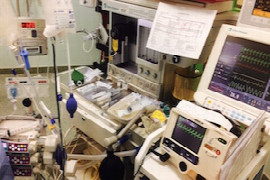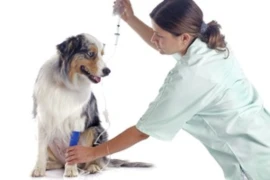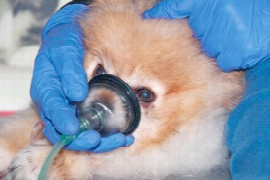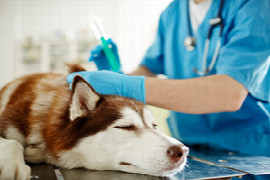Anaesthetic complications and some troubleshooting tips (for nurses)
(incl. tax)
Anaesthesia in our veterinary patients is undertaken multiple times on a daily basis in our clinics, and in healthy patients for elective procedures is often treated as routine. However – what happens when things don’t go to plan, or you have a patient with significant disease that requires anaesthesia? The confidential inquiry into peri-operative small animal fatalities (Brodbelt et al, 2008) revealed that health status of the patient significantly effects the risk of complications, with the risk of anaesthetic related death in healthy vs sick dogs being 0.05% vs 1.33% respectively. This webinar will give an overview of common complications encountered in anaesthetised patients – and how to prepare for, identify and treat them, using interactive case examples. It will include the use of the ASA classification system, case preparation and pro-active monitoring. We will also summarise the most frequently used emergency drugs, when to use them – and what to do if the worst happens, including CPCR.
Recording from 06.12.2017


Prof Andrew Leisewitz BVSc (Hons) MMedVet(Med) PhD
Andrew Leisewitz graduated with his BVSc degree in 1987. This was followed by an Hons in 1991, an MMedVet(Med) in 1995 and a PhD in 2006. Andrew was appointed as a senior lecturer in the then Department of Medicine at Onderstepoort in June 1990. He is been a full professor of Companion Animal Clinical Studies since 1995 and is a diplomat of the European College of Veterinary Internal Medicine – Companion Animals. He has worked as a specialist clinician in the Onderstepoort Veterinary Academic Hospital for nearly 30 years. He runs a dermatology referral clinic within the Onderstepoort Veterinary Hospital and in a a Johannesburg based specialist referral hospital. He has initiated a dermatology specific internship at the Faculty which will run for the first time in 2019. He is an active teacher of undergraduate and post graduate veterinary students, and is a frequently invited speaker and presenter of continuing education for the profession in the sub-region. His research focusses on understanding the mechanisms of infectious disease making use of canine babesiosis and distemper virus infection as models for this work.



